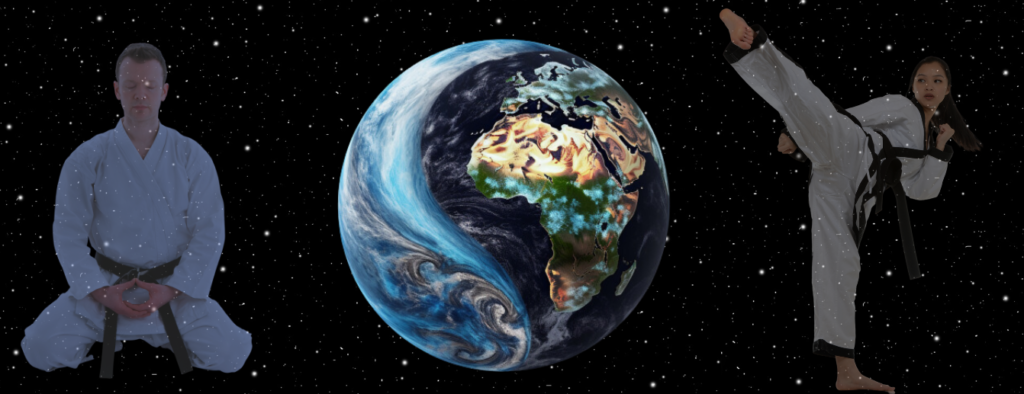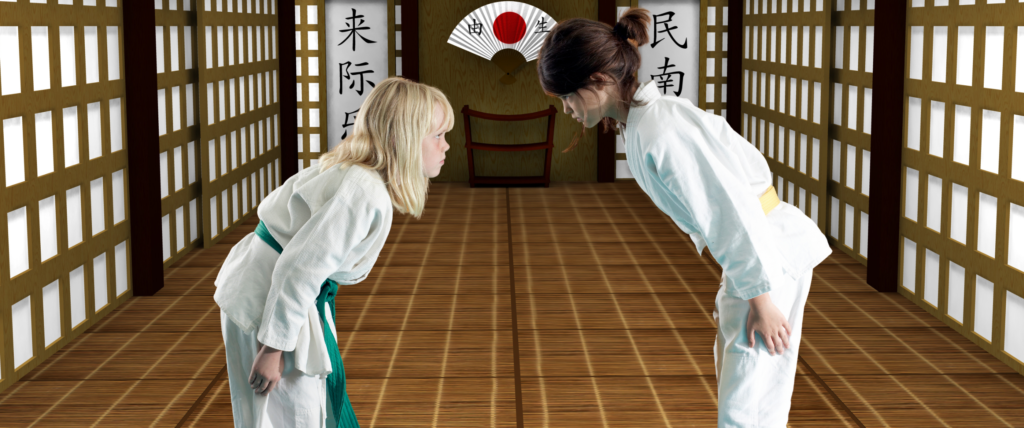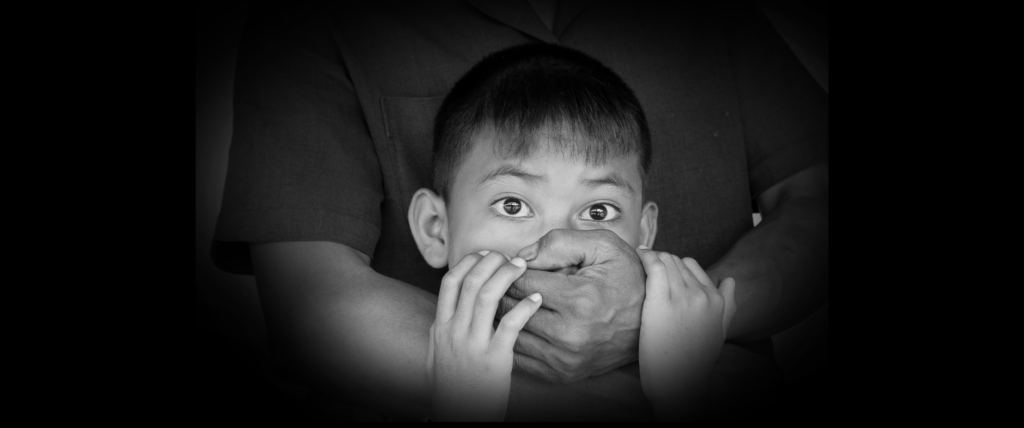Warrior Wisdom for a Fractured World: How a Martial Arts Masters Tenets Can Heal Society.

In the midst of war, famine, and societal collapse, martial arts Grandmaster Hwang Kee distilled martial arts wisdom into ten articles of faith. While these pillars were formed as a response to his native Korea’s devastating circumstances, their relevance is universal. Today, our society also finds itself at multiple crossroads. To achieve peace and prosperity, revisiting and implementing these principles is crucial and can heal our society.
1. Be loyal to your country
In a politically charged environment, loyalty to one’s country has become a contested topic. This loyalty doesn’t imply blind allegiance but encourages civic participation and critical thinking. With political parties more interested in sabotage and infighting than governance, it is crucial for individuals to remain steadfast in their loyalty to the nation by prioritizing facts over divisive and biased rhetoric.
2. Be obedient to your parents
The breakdown of family values has detrimental societal impacts. The absence of mainly positive male but also female role models in family settings often leaves young people seeking guidance from less desirable sources, including negative influences on social media. Obedience to parents, based on mutual respect, can provide a stable foundation for future generations.
3. Be loving between spouses
Divorce rates in the Western world are alarmingly high, often leaving children caught in the emotional crossfire. This cycle perpetuates destructive behaviors in future family interactions. Renewing a commitment to spousal love not only stabilizes families but sets a positive example for the next generation.
4. Be cooperative and caring between siblings
In the era of social media influencers, some like Jake and Logan Paul seem to capitalize on destructive behavior for fame. Such figures may captivate young audiences but send the wrong message. Real-life values of cooperation and care among siblings should be actively promoted to counter such negative influences.
5. Be faithful and loyal between friends
In our digitized world, friendships are often superficial. The transient nature of online relationships can undermine the virtues of loyalty and faithfulness. It is vital to teach the younger generation the difference between a ‘click’ and a real friend.
6. Be respectful to your elders
In a society obsessed with youth, the wisdom and experience of the older generation are often undervalued. Respecting elders doesn’t just mean good manners; it means actively engaging with them to bridge generational gaps. Intergenerational relationships enrich communities with a wealth of knowledge and foster a sense of continuity, thus stabilizing society.
7. Be faithful and loyal between teacher and student
Teachers are instrumental in shaping the minds of the future. However, some have overstepped their boundaries, advocating personal biases instead of universal truths. A return to the principle of faithfulness and loyalty between teacher and student would reinforce the sanctity of education.
8. Face conflict with Justice and Honor
Conflict resolution is more important than ever, yet it’s a subject often overlooked in traditional educational settings. The principle of facing conflict with justice and honor should be embedded in educational curricula, providing young people with the tools to contribute positively to societal cohesion.
9. Never retreat in battle – Don’t give up
Our society lacks formal education in perseverance and goal-setting. Some people may rely on government assistance not out of necessity but out of a lack of ambition, thus perpetuating a cycle of dependency. The ethos of never giving up should be instilled from a young age.
10. Always finish what you start
In an era of quick fixes and instant gratification, the concept of seeing things through to completion has lost its importance. The art of finishing what one starts is a trait that lends itself to many areas of life, from professional commitments to personal endeavors.
Pathway to a Better Future
The teachings of Hwang Kee are not just relics of a bygone era; they are timeless pillars that can help us navigate modern complexities. To implement these guidelines, families can start by teaching these principles at home. Schools should integrate subjects that focus on these moral, ethical, and civic virtues, and media outlets should highlight stories that showcase these values.
In a unique and powerful practice of these enduring principles, Warrior Scholar Martial Arts Academy ensures that these guidelines are recited at the end of every class and are embodied through its members practice. This ritual serves as a constant reminder of the virtues that build strong, resilient individuals and, by extension, communities. By verbalizing these principles regularly, students young and old internalize these values, enriching not just their martial arts practice but their lives as a whole.
More significantly, each individual can practice these principles in their own life, creating ripple effects in their communities. By actively embodying these tenets in daily actions and decisions, we all participate in creating a society that mirrors these virtues. Through collective effort, we forge the path to a more peaceful, stable, and unified world.






